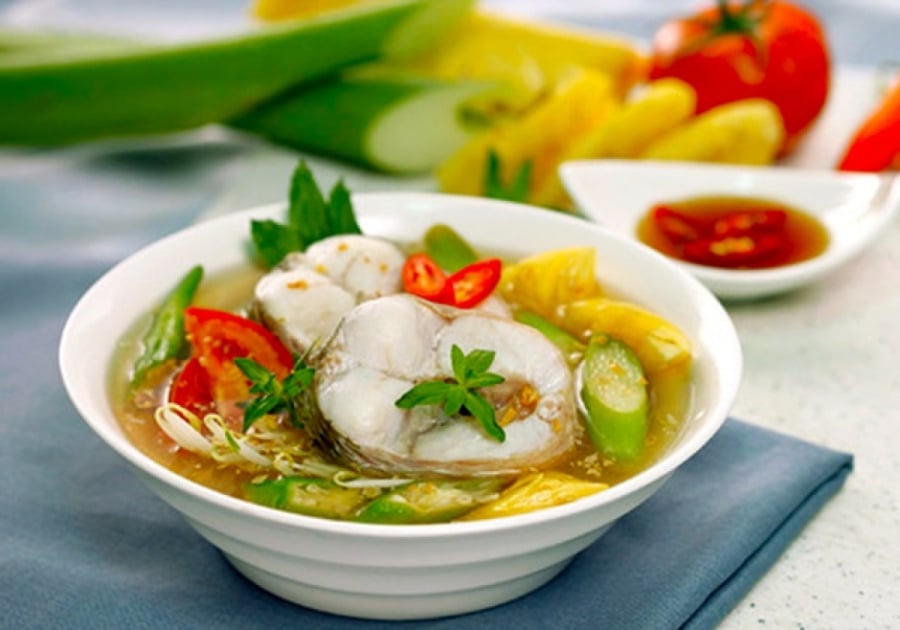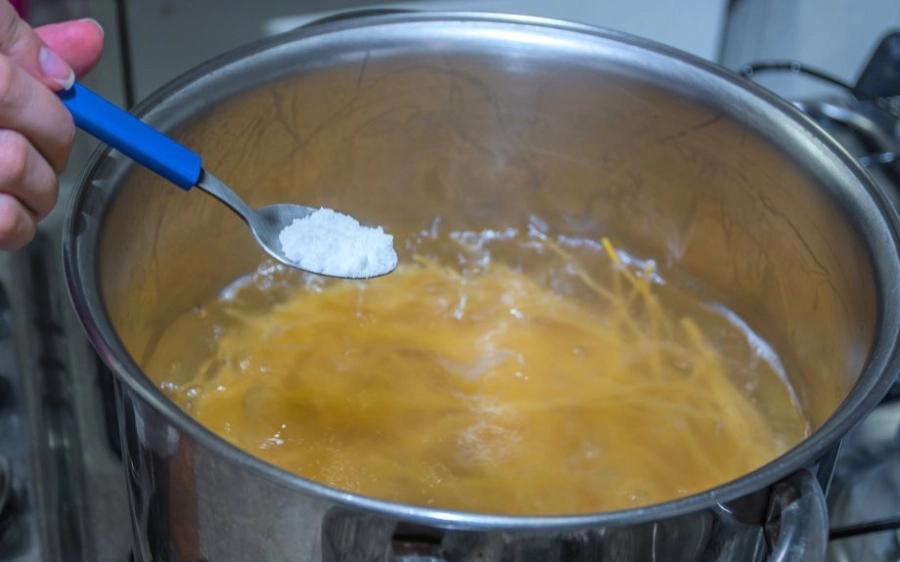Vinegar helps to reduce saltiness
Just a small amount of vinegar can neutralize the salty taste of food. When adding vinegar, do it gradually and taste as you go until it’s just right. Avoid adding too much vinegar, as it can overpower the flavors of your dish.
Egg whites
Add an egg white to your soup pot and bring it to a boil. During the cooking process, the albumin in the egg white will absorb excess salt, making the soup milder and easier to eat. You can then use a spoon to remove the egg white.
If it’s a bone broth or mixed soup, you can cook the egg white in boiling water for 15 minutes. Then skim off the floating eggs on the surface of the soup and add back the vegetables and meat until it’s ready to eat.
Use potatoes to reduce saltiness
Take raw potatoes, slice them thinly, and add them to your salty soup or stew. Let the potatoes sit in the dish for at least 15 minutes. The slices of potatoes can effectively absorb salt. Then simply remove the potatoes and taste the dish again to see if it’s properly seasoned.

Use tomatoes to reduce saltiness
If you don’t have lemons or potatoes, you can also use thick slices of tomatoes and soak them in the dish for 15 to 20 minutes. Tomatoes can help reduce the saltiness of the dish. However, tomatoes are not as effective as the methods mentioned above because they only have a mild sour taste.

Honey helps to mellow the saltiness
You can use honey for certain dishes. The sweet and refreshing taste of honey can make your soup or broth less salty and add a natural sweetness. Alternatively, you can use sugar as a substitute for honey. Remember to add a moderate amount of sugar/honey to achieve the desired taste, but avoid adding too much as it can change the flavor of the dish.
Use water to reduce saltiness
For soups, stews, and braised dishes with liquid, if they become too salty, you can save them by adding water. Gradually add water and taste the dish to see if it’s to your liking. You can also add other necessary seasonings such as chicken powder, pepper, or chili powder to ensure the dish is flavorful.





































